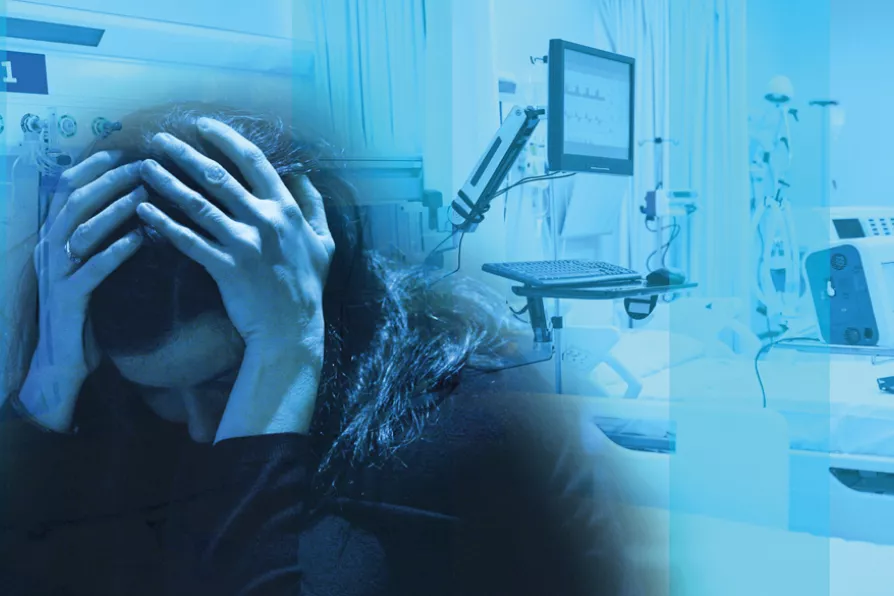RAMZY BAROUD sees Gaza abandoned while the genocide continues


THE pandemic and lockdowns have focused minds on the mental health of the nation, with a strong focus on what is happening with the young. But the difficulties faced by those with a severe mental illness (SMI) have been long in the making, with stigma affecting them whether they are at the start or the end of their lives.
Stigma permeates all aspects of life, so while there has been a lot of focus on combatting it within some aspects of society, the destructive power within the medical community has not had the same attention.
Such problems can be present from both mental health staff and those medics treating someone with a physical complaint who they know also has a mental health diagnosis, leading to what is called “diagnostic overshadowing.” This is when a patient has a diagnosis, for example depression and there is a tendency for any other health problems to be attributed to that condition.

GEOFF BOTTOMS, who has worked in a palliative care hospice for 11 years, argues the postcode lottery for proper end-of-life care must be ended to give the terminally ill choice and agency













